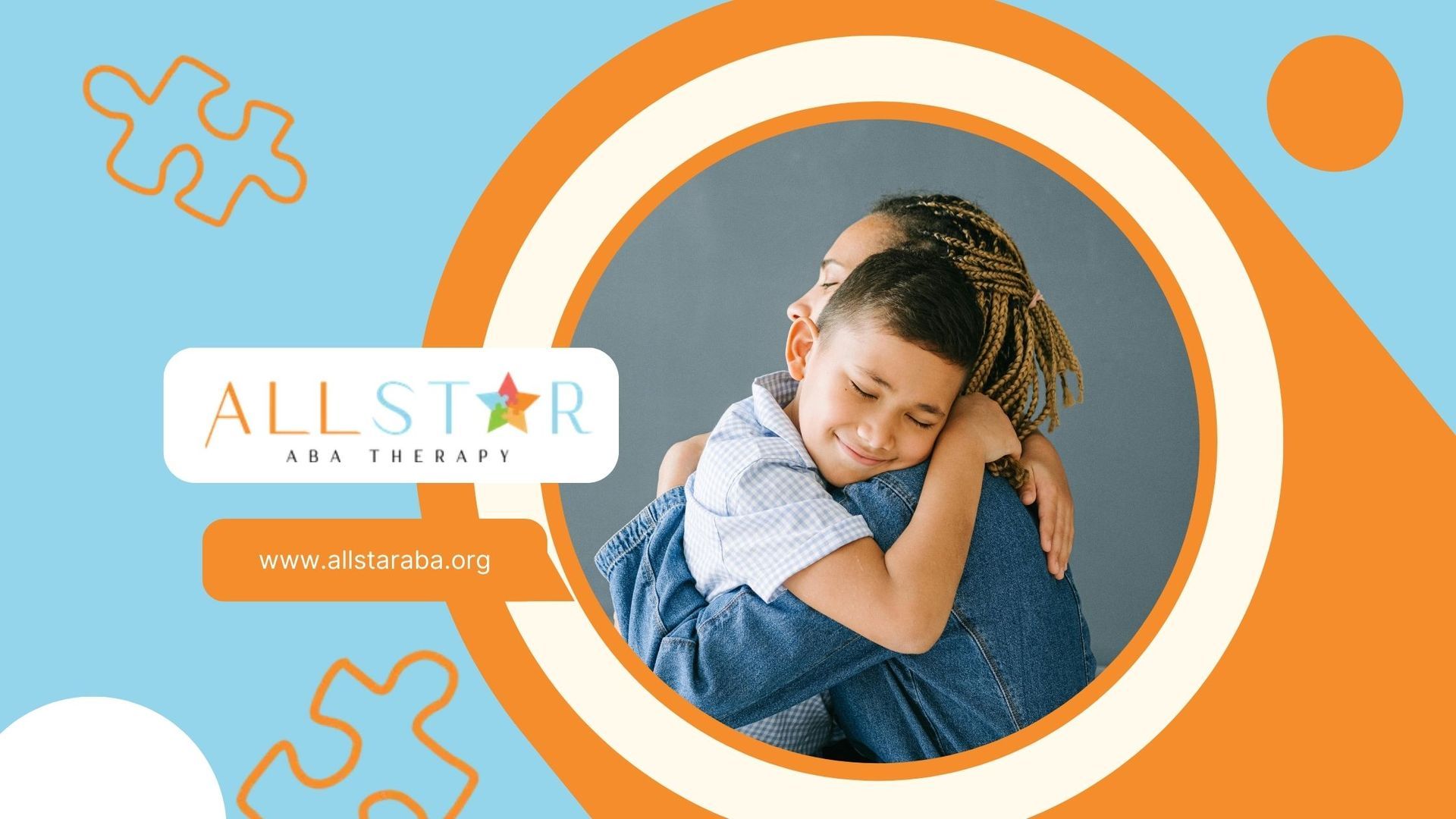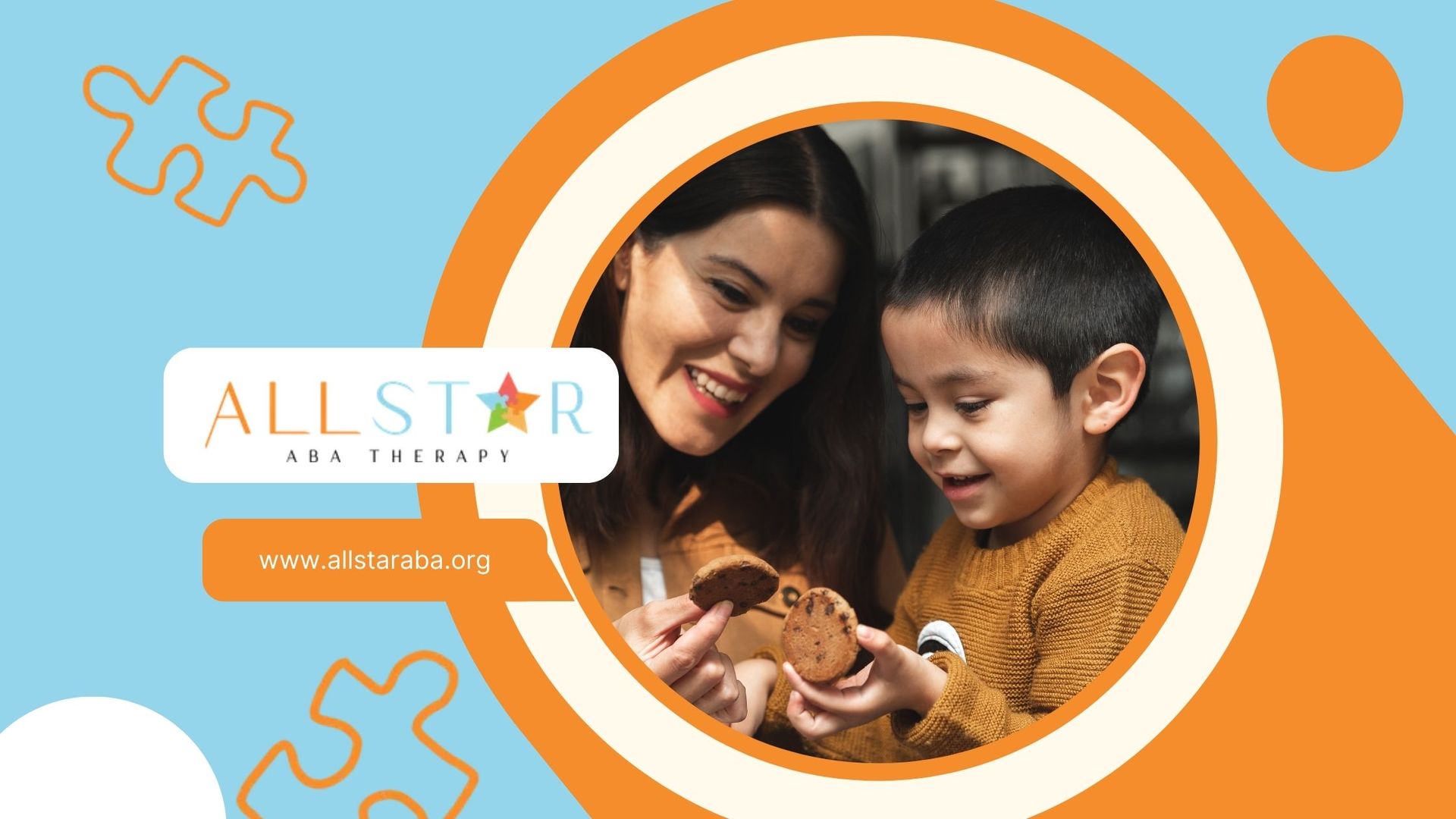New Paragraph
Keeping Autistic Children Safe in the Summer
Preparing Autistic Children for Summer Adventures
As summer arrives, families with autistic children face unique safety considerations. While the season promises fun and exciting activities, it also brings specific challenges that require careful planning and preparation.
Summer's Unique Challenges for Autistic Children
Autistic kids often have heightened sensory sensitivities, and summer can crank those up to eleven. Think about it: hotter temperatures, glaring sunlight, and the constant noise from outdoor activities can be a sensory overload. Plus, the break from school means a disruption in their usual routine, which can throw them off balance.
Social situations ramp up too—pool parties, family BBQs, and neighborhood gatherings. For kids who struggle with social cues and communication, these can be pretty stressful.
And then there's water. Many autistic kids are fascinated by water but might not grasp the risks involved with pools, lakes, or the ocean. Combine that with a tendency to wander, and you've got a recipe for potential accidents.
Why Summer Safety Measures Matter
Putting summer safety measures in place isn't just a good idea—it's essential. These steps can prevent accidents and help your child feel secure, making summer fun for everyone.
To tackle the risk of wandering, consider secure fencing, alarms, and teaching your child some basic safety skills.
By understanding these unique challenges and focusing on safety, you can significantly cut down on risks and make summer a more enjoyable time for your autistic child and the whole family.
Pool Safety
Keeping autistic kids safe around pools is super important, especially when the sun's out and everyone's ready to dive in. Knowing the risks and setting up some solid safety measures can make a world of difference.
Pool Risks for Autistic Kids
Kids with autism might have a tougher time around pools because of things like sensory issues, trouble communicating, and a tendency to wander off. These can make water more dangerous for them.
- Sensory issues might make it hard for them to notice or react to safety warnings.
- Communication problems can make it tough for them to say they're in trouble or need help.
- Wandering off can lead to them getting to the pool without anyone knowing.
Pool Safety Tips
Here are some tips to help keep autistic kids safe around pools:
- Lock It Down: Make sure your pool is fenced in with self-latching gates. Alarms on doors leading to the pool can also help keep kids from getting in unsupervised.
- Swimming Lessons: Get your child into swimming lessons that are designed for kids with autism. These should match their learning style and sensory needs.
- Watch Like a Hawk: Always have an adult watching closely when an autistic child is near water. Stay within arm's reach and keep your eyes on them.
- Life Vests: Have your child wear a life vest that fits well whenever they're near water, even if they can swim.
- Communication Tools: If your child can't speak or has limited speech, use waterproof communication devices or visual aids to help them express themselves.
- Be Ready for Emergencies: Make sure everyone in the family knows CPR and basic water rescue skills.
- Set Rules: Make clear pool rules and stick to them. Use visual aids or social stories to help your child understand and remember the rules.
- ID Bracelets: Have your child wear an ID bracelet with contact info, especially if they tend to wander.
- Get Comfortable with Water: Slowly introduce your child to water and the pool to help them feel more at ease.
- Check for Hazards: Regularly check the pool area for anything that could be dangerous or needs fixing.
Eloping Risks
Eloping, or wandering off, is a behavior often seen in autistic children that can lead to some pretty scary situations. It's especially important to keep an eye on this during the summer when families are out and about more.
Why Do Autistic Kids Wander?
Kids with autism might wander for a bunch of reasons. They could be overwhelmed by too much noise or activity, trying to get away from something stressful, or just curious and wanting to explore. It's not because they don't understand danger; it's just part of their autism and needs careful handling.
Studies show that many kids on the autism spectrum have wandered off at least once, leaving parents in a panic.
How to Keep Your Child Safe
Here are some tips to help keep your child safe and give you some peace of mind:
- Talk to Neighbors: Let your neighbors know about your child's tendency to wander and give them your contact info. They can help keep an eye out.
- Teach Safety: Teach your child to respond when their name is called and to understand the importance of staying within certain areas.
- Use Visuals: Social stories and visual aids can help explain the dangers of wandering and the importance of staying safe.
- Keep Watch: Always keep a close eye on your child, especially in new or crowded places. Have a plan for who is watching your child at events.
- Get Professional Help: Work with therapists or specialists who can help address the reasons behind your child's wandering.
Keeping Kids Safe from Drowning
Keeping kids safe during summer is a top priority, especially for families with autistic children. Knowing the higher drowning risk they face is crucial for summer safety.
Why Autistic Kids Are More at Risk
Studies show that kids with autism are more likely to drown than other kids. Here's why:
- Love for Water: Many autistic kids are fascinated by water, making pools, lakes, and the sea extra tempting.
- Wandering Off: Autistic children might wander away from safe places without realizing the danger.
- Swim Lessons: Traditional swim lessons can be tough due to sensory issues or communication barriers.
Tips to Keep Kids Safe Around Water
Here are some practical tips to keep autistic kids safe near water:
- Always have a responsible adult watching kids near water. Stay close and avoid distractions like phones.
- Sign up for swim lessons designed for autistic kids. These should focus on water safety and be tailored to each child's needs.
- Make sure pools, hot tubs, and water features are fenced with self-latching gates. Install alarms on doors and gates leading to the pool.
- Have kids wear life jackets near water. Make sure the gear fits well and is comfortable.
- Use visual aids or social stories to teach kids basic water safety rules.
- Learn CPR and basic water rescue skills. Keep emergency gear like life rings and reaching poles handy.
- Use secure locks and alarms on doors and windows to prevent kids from wandering off. For more tips, see our article on preventing elopement in autistic children.
Sun Protection
Keeping kids safe from the sun is a must, especially in the summer. But for autistic children, who might have unique sensory sensitivities, it can be a bit trickier. Knowing these challenges and figuring out sun safety practices that work for them can make summer fun and safe.
Sunscreen Sensory Struggles
Autistic kids often have sensory processing differences, which can make sunscreen feel like a nightmare. The texture, smell, or just the act of putting it on can cause distress. Caregivers need to understand these sensory issues and try different sunscreens and ways to apply them that the child can handle.
By being patient and finding a sunscreen that doesn't bother the child as much, caregivers can make sun protection less stressful.
Sun Safety Tips for Autistic Kids
Keeping autistic kids safe from the sun means thinking about their likes and sensory sensitivities. Here are some practical tips:
- Pick sun-protective clothing like wide-brimmed hats and long-sleeved shirts made from breathable materials to block the sun.
- Stay in the shade during peak sun hours, usually between 10 a.m. and 4 p.m., and plan indoor or shaded activities during these times.
- Use sunglasses with UV protection if the child can tolerate them.
- Apply sunscreen generously and often, especially after swimming or sweating. Finding a sunscreen that the child is okay with is crucial.
- Teach the child about the importance of sun protection using simple language, and involve them in the process as much as possible.
Doing these things can lower the risk of sunburn and heat-related problems for autistic kids, making summer safer and more enjoyable. Caregivers should make these sun safety steps a routine, helping the child understand why protecting their skin from the sun is important.
General Summer Safety Tips
Summer can be a blast, but it also brings some unique challenges for autistic kids and their families. With a bit of planning and some smart safety measures, everyone can have a fun and safe summer.
Hydration and Outdoor Activities
Keeping hydrated is super important, especially when the sun's blazing and kids are running around outside. Autistic children might not always tell you when they're thirsty, so it's up to us to keep an eye on them.
Hydration Tips:
- Offer fluids regularly: Make sure they're sipping water every 15-20 minutes while playing outside.
- Use visual schedules: Add hydration breaks into their daily routine with visual aids.
- Provide preferred beverages: If they like certain drinks more than others, keep those handy to ensure they're drinking enough.
Creating a Safe and Supportive Environment for Autistic Children
A safe and comfy environment is key for autistic kids during summer. Here are some tips to help you create that space:
Safety Measures:
- Secure perimeter: Make sure fences and gates are locked up tight to prevent wandering.
- Use alarms: Put alarms on doors and gates to alert you if your child tries to leave the safe area.
- Establish rules: Clearly explain the boundaries and rules of outdoor spaces.
Supportive Environment:
- Create shaded areas: Set up spots with plenty of shade to give them a break from the sun.
- Designate quiet zones: Have quiet areas where they can go if they feel overwhelmed.
- Use sensory-friendly toys: Provide toys that match their sensory needs and preferences.
Conclusion
In conclusion, ensuring the safety of autistic children during the summer requires thoughtful preparation and a keen awareness of their unique needs. By understanding and addressing sensory sensitivities, implementing strict safety measures around water, and creating a supportive environment, families can significantly reduce risks and enhance the enjoyment of summer activities. Staying vigilant and proactive allows for a fun, safe, and memorable summer for both the children and their families.
For additional support and resources tailored to the needs of autistic children, reach out to
All Star ABA. Our expert team is dedicated to providing personalized ABA therapy services, helping children thrive and reach their full potential.
Need Support?
We're Here to Help!
Our experienced team is ready to assist you. Reach out today to discuss how we can support your child's development and well-being.
Get started with expert ABA therapy today.








